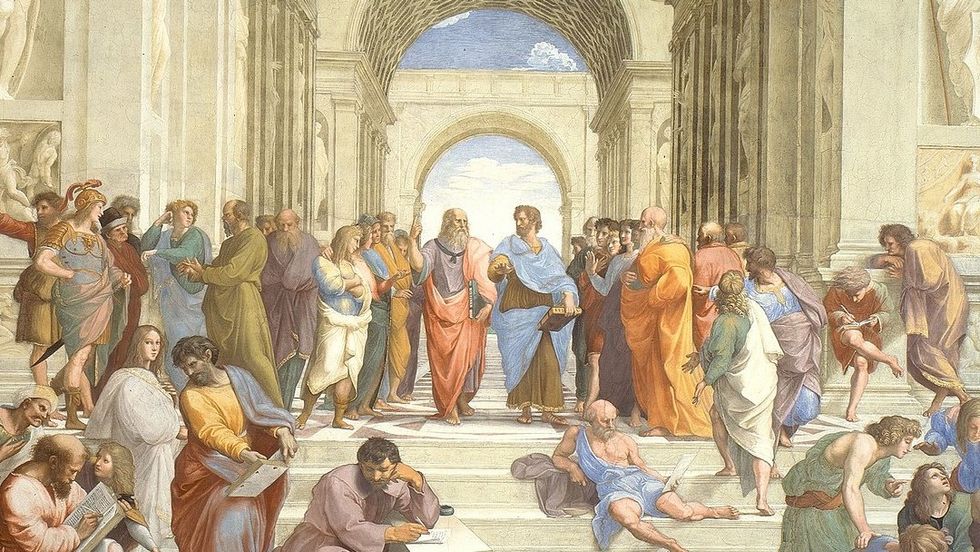Recently, I read a very interesting take on an era in which was considered to be a time of great change and a turning point in western history. The piece that I read was called "Did Women Have A Renaissance," written by Joan Kelly. What was so interesting about the piece to me was that it brought to light this idea of women as only present in the time period for aesthetics.
This concept, I think is something that is not often thought of when we think of the Renaissance. Often, the Renaissance is thought of as a time in which humans and human life were glorified. Many historians often argue that the Renaissance is a time that was so greatly different than eras previous.
Kelly's take is that really, the Renaissance wasn't so different in terms of periodization when we analyze how different groups of people experienced the time period in what is considered to be the Renaissance. Throughout the Renaissance, Kelly points out that the goal for men was to eventually become thought of as active. When presenting the idea of this in that way, it insinuates that a woman would be considered an accessory to that active life.
Looking at it this way, we can conclude that the throughout the Renaissance, women were seen as ornaments to men, and were only included in certain parts of society for the aesthetic. For example, during the Renaissance, something that regressed for women was that in literature women became written in more boring roles.
This can show that the men who did write about women did not want them to have an active role in literature, rather they only wanted to include them in literature to be seen as passive and as an accessory to men. Most of Kelly's argument is built around this idea because she is a historian who analyzes literature.
I'd also like to point out that during the Renaissance it can be argued that social equality regressed for women. We often like to see the Renaissance as a time where people were championed and brought to equality. But the key to understanding this concept is that the only people who were becoming more equal with each other were men.
Historically speaking, people contradict this by saying the medieval period was much more unequal for men and women. But I'd like to state that when we translate the term Renaissance, it means "Rebirth." People often confuse this translation as meaning a new era of great social and political change for western Europe. In reality, "rebirth" can be viewed as a return to Greek and Roman antiquity.
When we put the Renaissance in this context, we are now able to see how it is possible to understand that women did not actually experience a "rebirth," of anything at all. This is because the time of antiquity was well before the Middle Ages. During antiquity, women were much more unequal than they were during the Middle Ages. So, when we view the Renaissance as a time of social change, we are able to understand that it was really a time in which men wanted to go back to this time of antiquity to champion themselves.
To bring this argument further, I'd like to say that men wanted to return to the classical era to specifically exclude women from society during the fourteenth and fifteenth centuries. During the Middle Ages, women had much more freedom to live how they chose to. This is not to say that women were equal during this period but in terms of the freedoms they did have, they were much less restrictive than it was during the Renaissance.
This argument makes me consider if we can really consider the Renaissance as a time of great change at all. Just because there was different art and new ideas floating, I don't think that it can be called an era that was the start of a great change in western Europe.






















